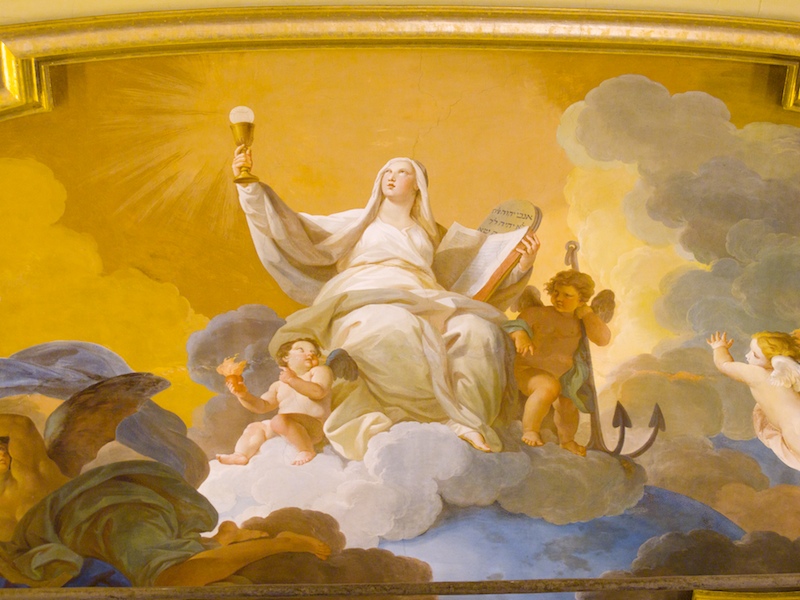The town of Princeville, where I was proud to serve for 10 years, has had migrant workers from Texas since the 1930’s, mostly to harvest and process pumpkins. I quickly learned, upon arrival, that these good people and their children were often neglected when they returned home for Winter. I would make the point, at the start of Spanish Mass each June, that just as many Midwesterners are welcomed into parishes in the south each Winter, they were welcomed into our parish each Summer, and found their spiritual home with us.

By neglected, I should say that, when the migrant families returned home for Winter, they were often refused entrance into their parish religious education programs. They had missed Fall registration, and so they were refused admittance. We began to issue letters to the families in November, stating that they had begun with our religious education programs in August, and asking that their students be allowed to continue upon their arrival in their Winter parishes. We made these letters as official looking as possible, on letterhead stationary, sealed with the parish seal, etc. This helped to resolve the situation.
An unresolved situation was that many children were “behind” on their reception of the Sacraments because often they would leave the south before the dates of First Communion or Confirmation. So we began a “Summer” program in the parish, after Mass on Saturday night, we would have a pot luck, during and after which I would meet with the children, instructing them in catechism. An ancient principle in the Church is that sacraments are for the people, for the living, as a right. Too often Sacraments can be dangled as a “prize” for having finished a year or more of “Sunday School.” It is important that pastors ensure that those who will receive the Sacraments understand these unique encounters with Christ, but some instances require greater latitude and flexibility.
One late October, we had set the date for the completion of Sacramental prep for mid November. The days at which First Communion and Confirmation would be given, Baptisms would be performed, and marriages “blessed” were set for November, 9th and 16th, but suddenly, after a hard freeze, the pumpkins gave out, and the people said they would have to return to the south within a week. So, that year at Holy Mass on November 2nd a pair of teen twins were Baptized, 5 students received Confirmation, 8 received First Holy Communion, and two couples had their marriages “blessed.”
In our lives, we can often let our spiritual practices become rote or routine. We should ever be mindful, however, of the great graces and blessings which are ours from many of our normal devotions. When we read the Scriptures, we have a unique encounter with God, who inspired them. When we pray alone or with others, God is there! When we attend Holy Mass, we encounter Christ in so many ways! Even just going into Church we experience His unique presence!
As I said, the Sacraments are not meant to be “awards” for completing some program or other. Really, though, we should be excited to learn as much as we can about God and the holy things which help us to encounter Him on a daily basis!

Just as a young dating couple in love spend hours on the telephone or texting, learning all they can about each other, we should learn all that we can about God and the Church, so that we can realize the great graces which are
ours when we meet Christ in the Sacraments, and encounter him in our everyday lives.
The migrants’ home was in Texas, but they found another, Summer, home in Illinois. Just as many midwesterners go to their southern homes in Winter, we must realize our true home. We are all like migrant workers here on earth, sojourners here in our temporary home, as we prepare to go, once and for all, to our true home in Heaven. Let us then redouble our efforts to know, love and serve God here on earth, studying, praying, sharing with others, preparing for and receiving the Sacraments, so that we might hope to be Happy with Him in Heaven.
Copyright 2011 Msgr. Richard Soseman



